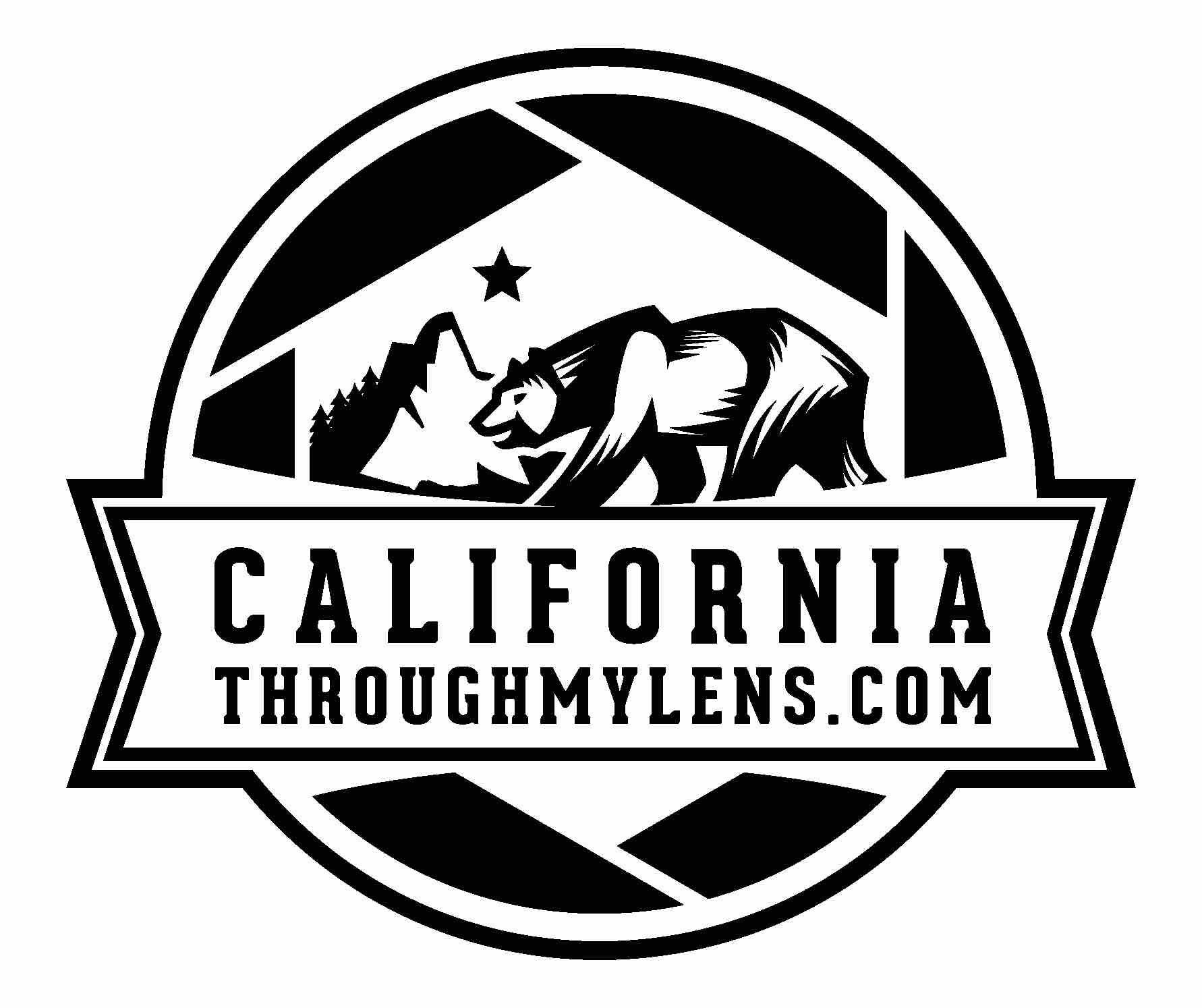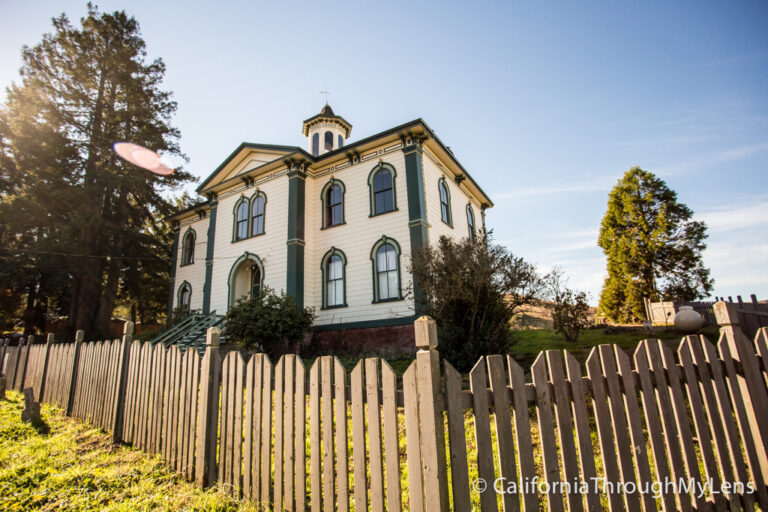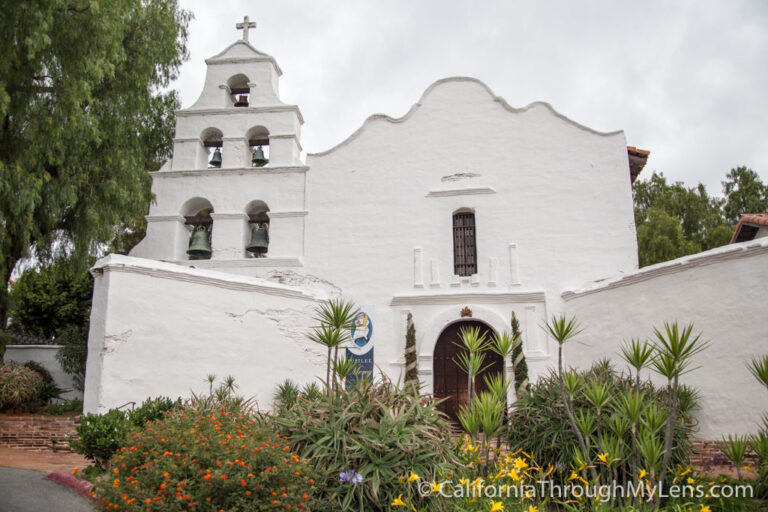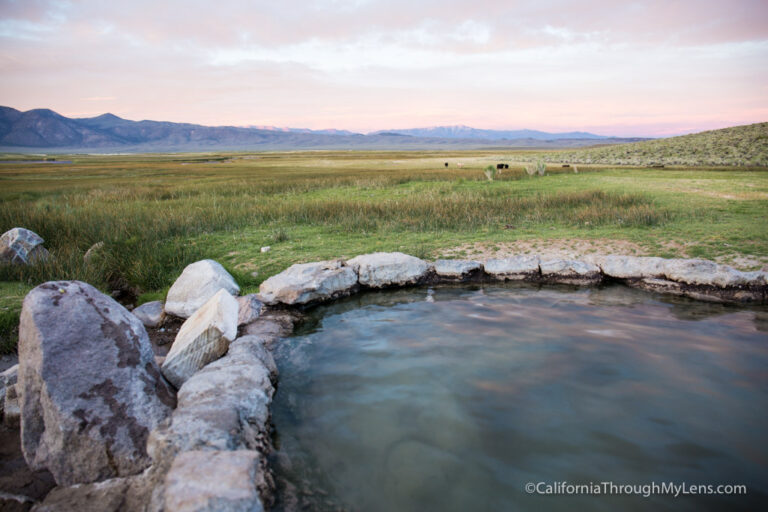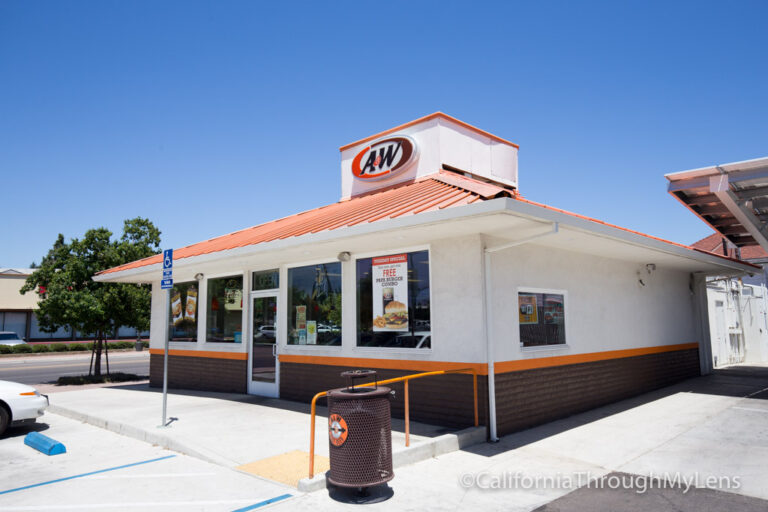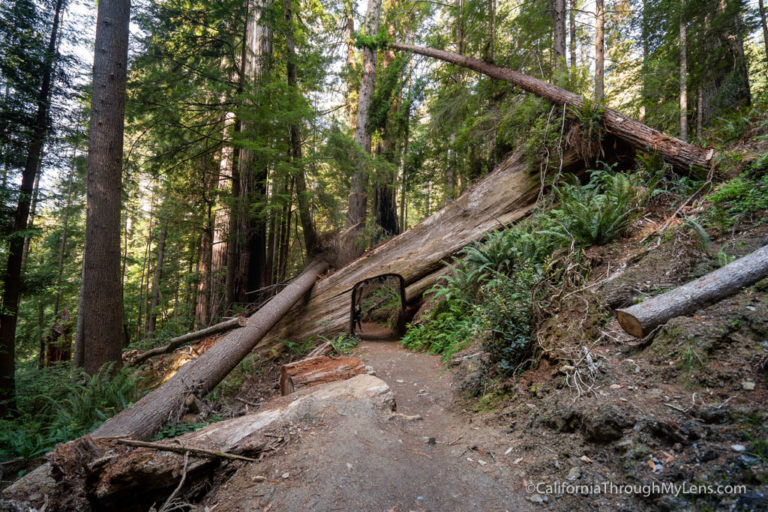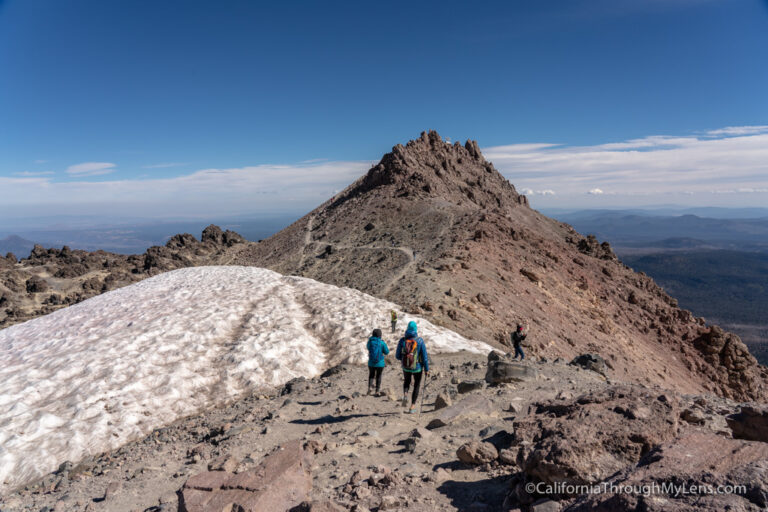Mission San Francisco de Asís: California’s 6th Mission
Mission San Francisco de Asís is the 6th mission established under Father Serra and one of the most visited due to its location in San Francisco. The mission was completed in 1791, and it is one of the oldest intact missions, having survived many earthquakes to be still standing today. As far as the Spanish California Missions go, San Francisco de Asís is one of my personal favorites due to the unique chapel design. Here is all the information so you can check it out for yourself.
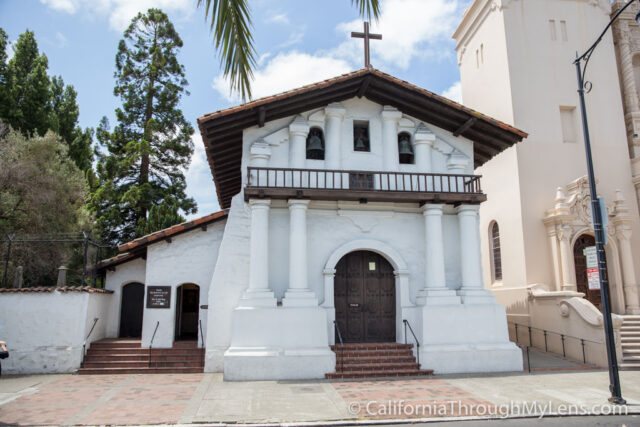
Details
- Cost: $5
- Time needed: 45 minutes to an hour
- Location: 3321 16th St, San Francisco, CA 94114
- Read about all 21 of the California Missions here
- This information is from my visit in 2016
Getting There
If you are staying in the city, I would recommend Uber or public transportation. There is no parking lot, so you will have to use street parking if you go. Street parking is available, but it is always up in the air whether you will get any.
The Mission
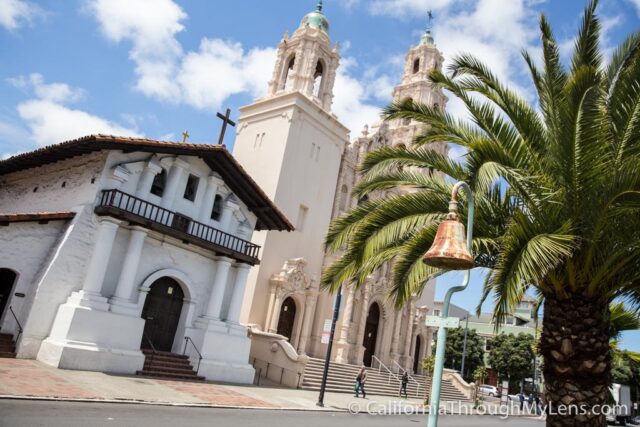
After parking, make your way to the older of the two churches. This is where you will enter and pay your fee to visit the mission. After paying the fee, the first place you will walk into is the chapel.
The Chapel
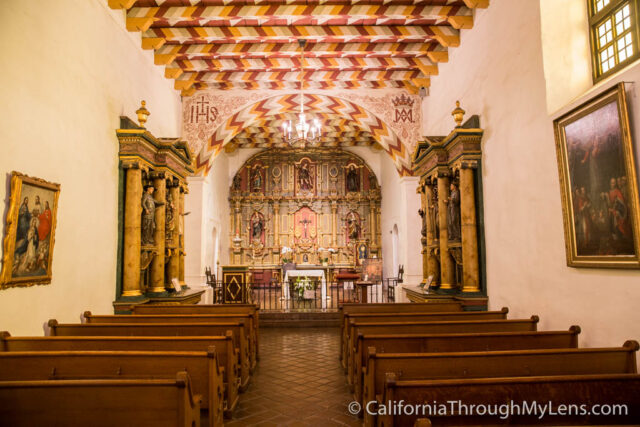
When you enter the chapel, you will notice it is a beautiful mixture of both Catholic and Indian designs.
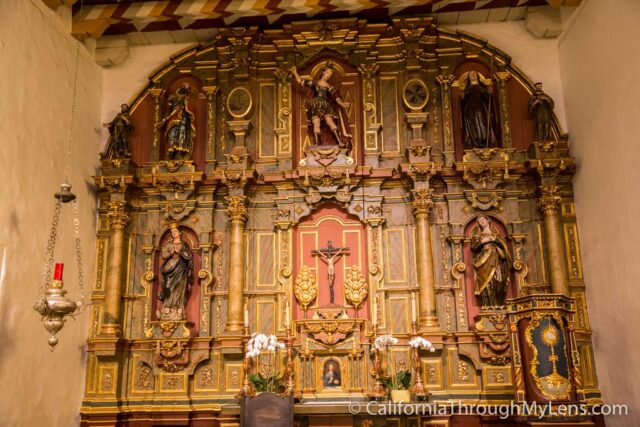
The altarpiece is ornate and stunning, while the ceiling has an Ohlone Indian design on it, which adds a unique touch to the chapel.
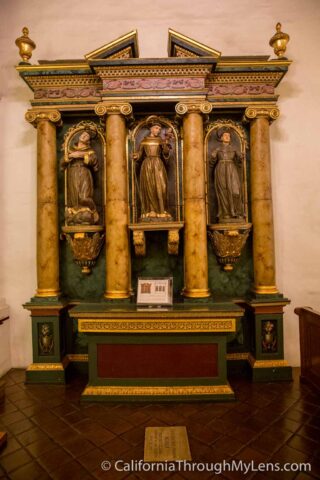
The two side altars are from Mexico and were installed at the mission in 1810.
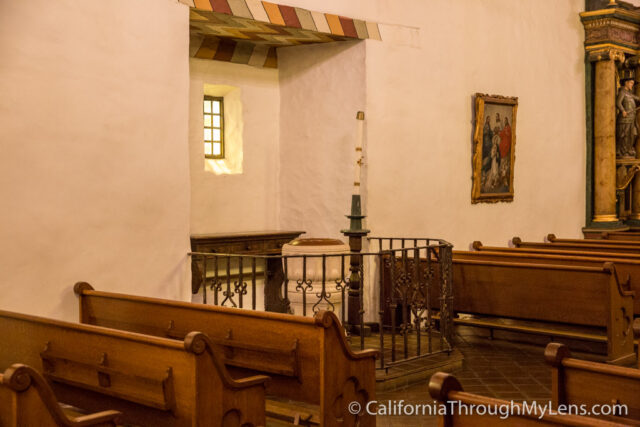
There is a baptistery right in the middle of the chapel, and it is said that more than 28,000 baptisms have taken place here.
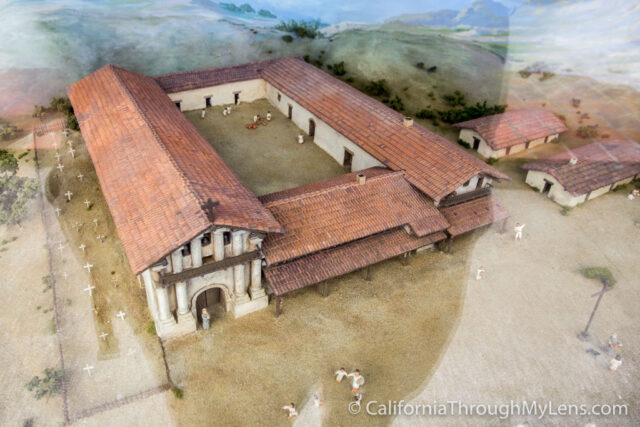
After exiting the chapel, you will be in a small courtyard and will see a diorama that was created for the worlds fair and shows what the area looked like in 1791.
The Basilica
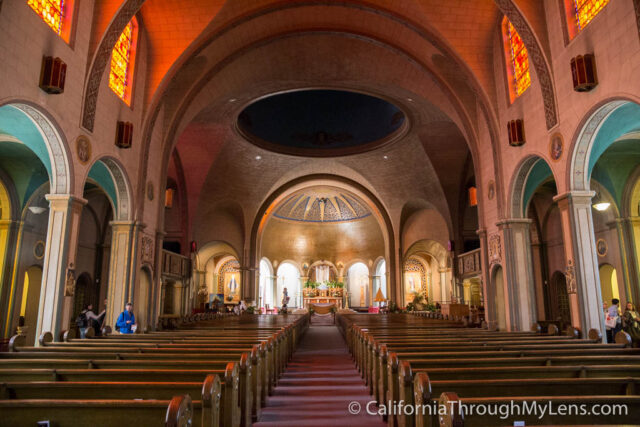
From there, you will head into the Basilica, which is not a part of the mission but is a church that was built in the mid-1800s. It did not survive an earthquake in the early 1900s that luckily the mission did, so it is has been completely rebuilt. It is a fantastic place to see that is immaculate inside, and you can access it while touring the mission.
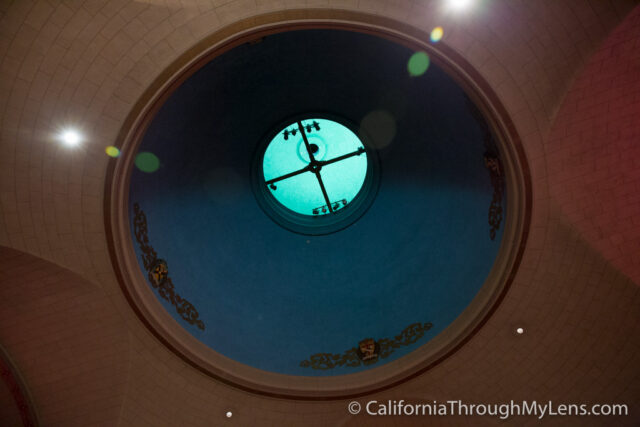
The altar is domed and there is a second large dome ceiling right in front as well.
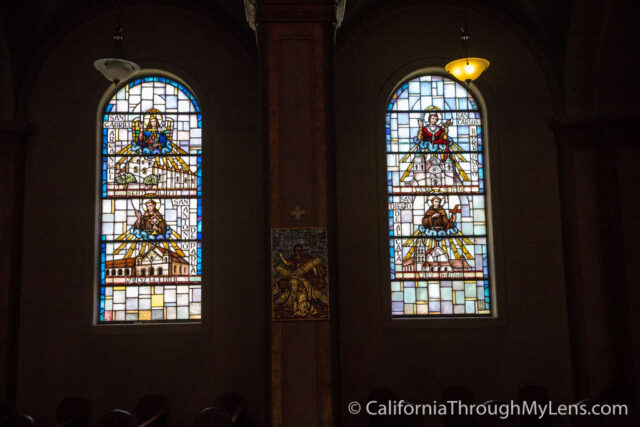
The part I enjoyed the most about the Basilica was the stained glass windows along the back that are each made in honor of one of the 21 missions.
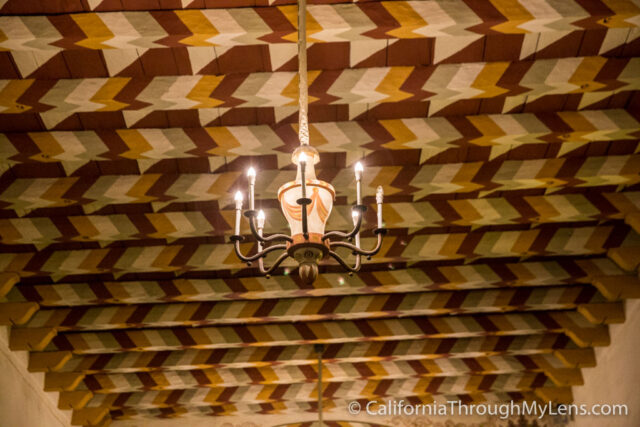
After exploring the Basilica, you can head back outside and continue the tour of the mission.
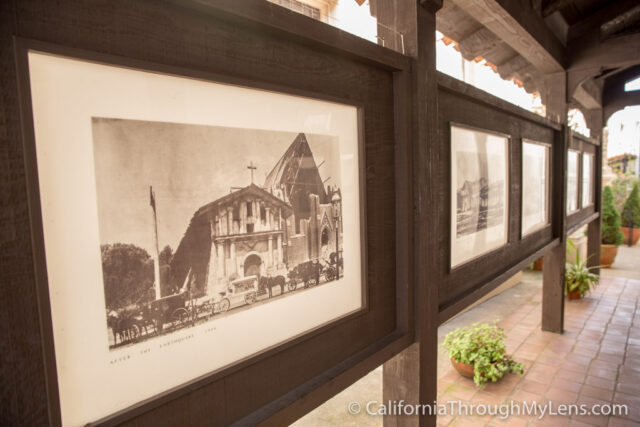
From here, the walkway you go through has copies of actual period drawings and photos.
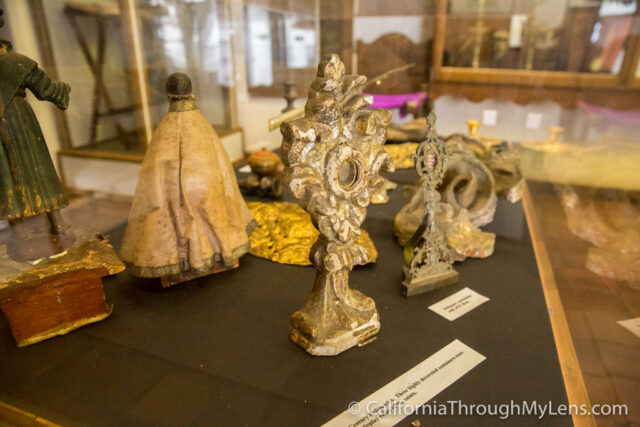
Next, you will head to the museum. The museum is tiny at just one room, but it has a few unique artifacts.
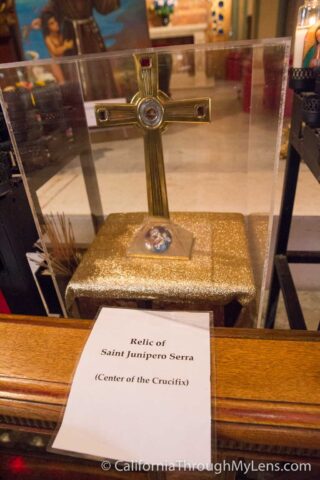
First is the collection of sacred items, some of which were owned by Father Serra.
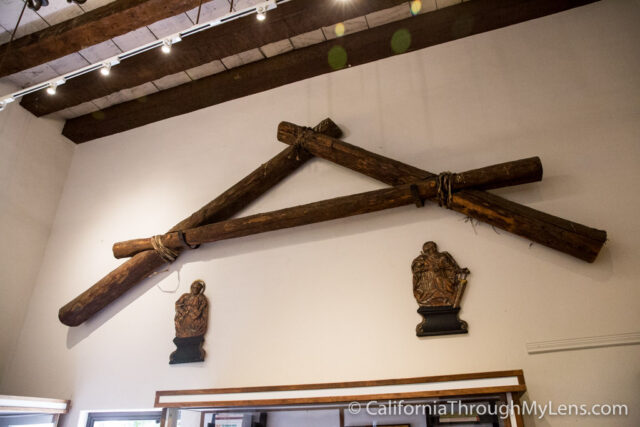
Next is the original roof support that was taken out when the chapel was fortified.
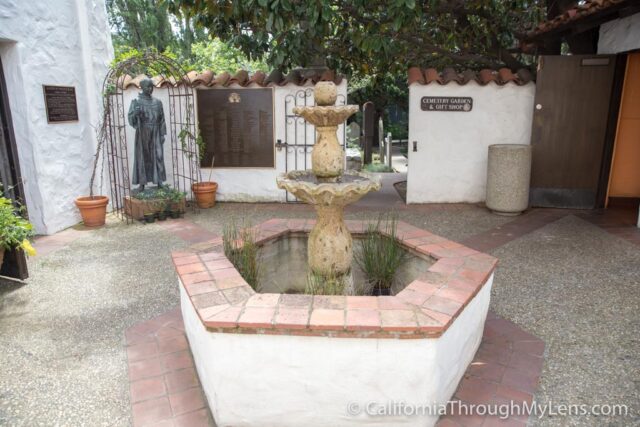
After leaving the museum, there is a fountain and the typical statue of Father Serra that is at each of the missions.
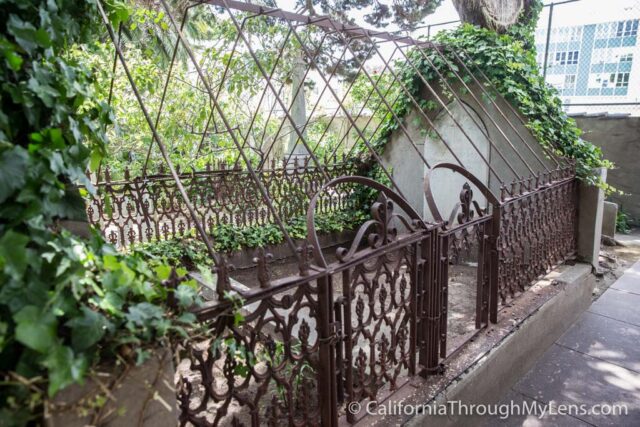
The next door leads you to the cemetery, which has all sorts of graves from many different time periods.
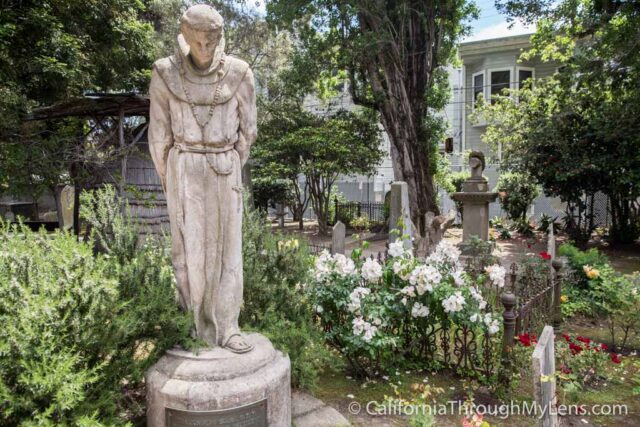
I found the stone statue of Father Serra of particular interest as it was different than any others I had seen before.
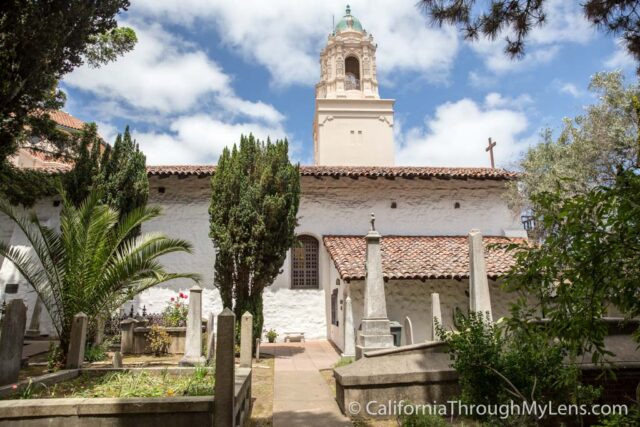
Also, while walking around the cemetery, be sure to look up at the roof of the structure as you can see both the mission bell tower and the new church behind it.
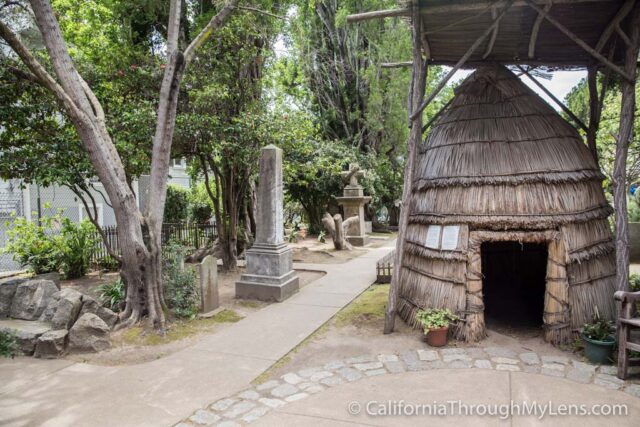
When you are done in the cemetery, you will walk back through the gift shop and out of the mission.
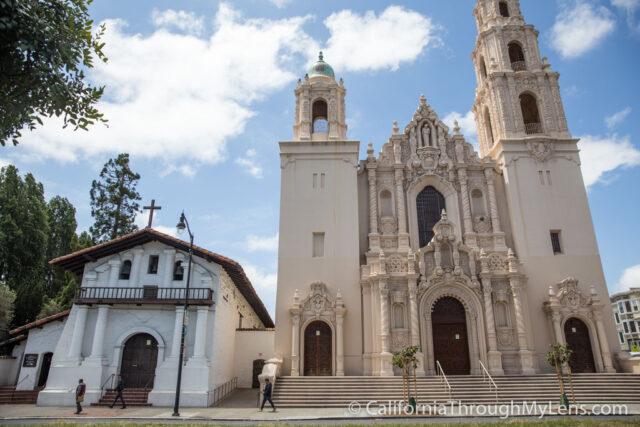
I recommend carefully walking to the median as it gives you a great view of both of the church’s and you can see the exciting juxtaposition of old and new. All in all, I was impressed with the San Francisco mission. The chapel is one of my favorites with the unique design on the ceiling. Also, seeing the fantastic Basilica next door is an excellent addition to the mission. Check out my trip to all of the missions here, and be sure to leave a comment with your thoughts below.
